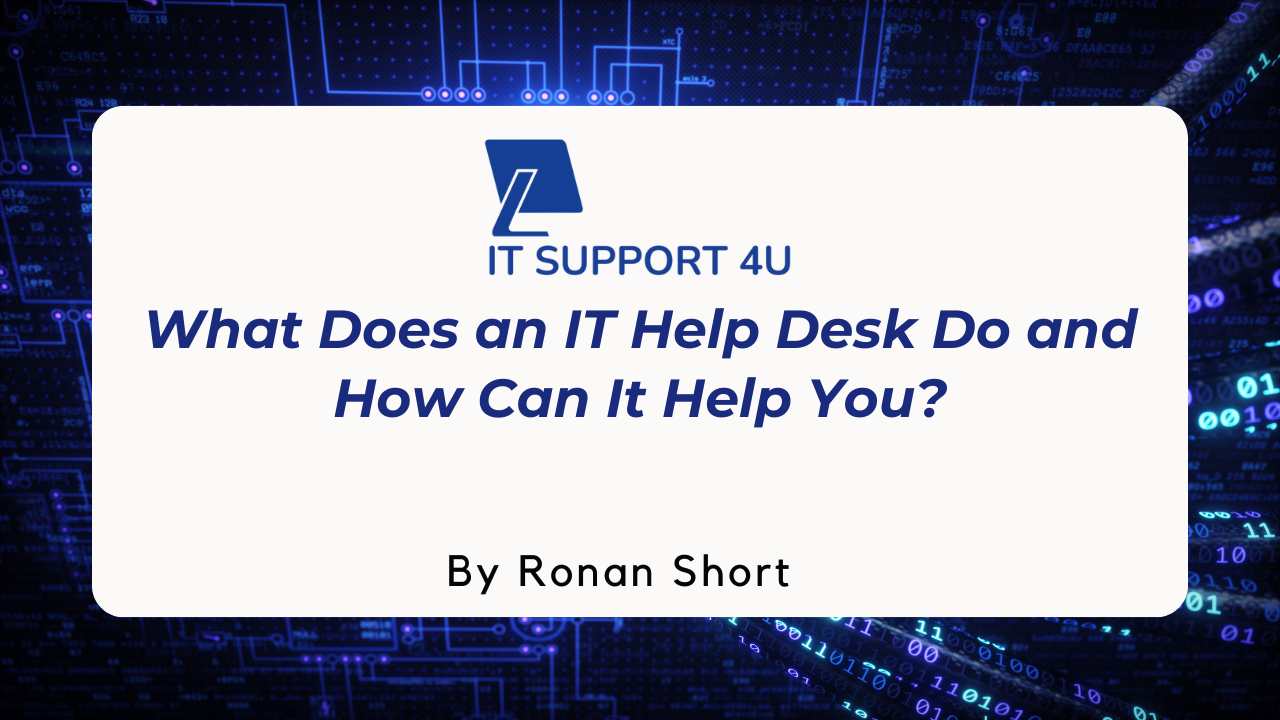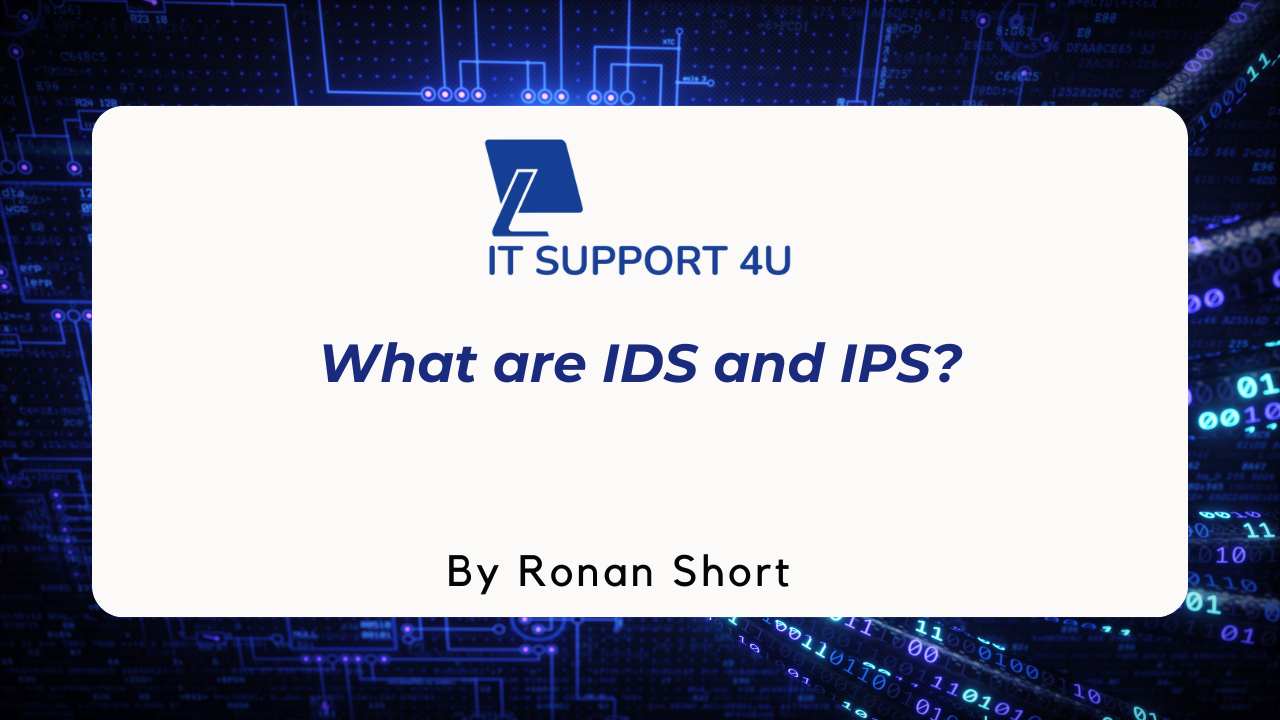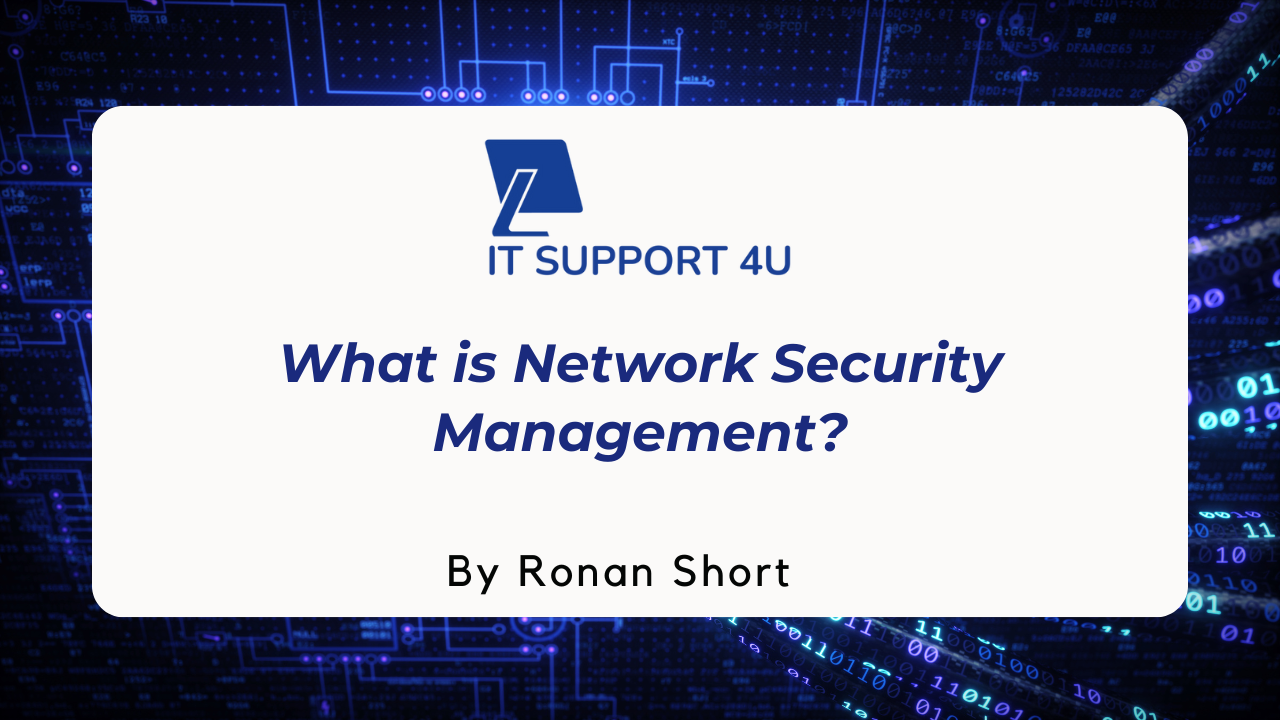Businesses today rely heavily on technology to run smoothly and securely. However, managing IT systems and ensuring cybersecurity can be challenging, especially for companies without dedicated in-house teams. This is where Managed Service Providers (MSPs) and Managed Security Service Providers (MSSPs) come in.
While both offer valuable IT support, their roles are quite different. MSPs focus on general IT management, keeping systems running efficiently, whereas MSSPs specialise in cybersecurity, protecting businesses from online threats. Understanding the difference between these two services helps companies choose the right support for their needs.
In this blog, we’ll explore what is the difference between msps (managed service providers) and mssps (managed security service providers) and when businesses should consider each option.
What is a Managed Service Provider (MSP)?
.jpg)
A Managed Service Provider (MSP) is a company that remotely oversees and maintains a business’s IT infrastructure and user systems.
A reliable MSP uses skilled technicians and specialists across various IT fields, serving as both a network administrator and a disaster recovery expert.
By continuously monitoring IT networks, an MSP can detect and resolve potential issues before they disrupt operations, ensuring smooth business continuity and minimising the impact on customers, clients, and stakeholders.
What is a Managed Security Service Provider (MSSP)?
.jpg)
An MSSP is a company that offers advanced security services, software, and expertise to businesses. Many organisations outsource their cybersecurity to an MSSP because they lack the in-house skills to handle threats effectively.
MSSPs often complement or replace a company's internal Security Operations Centre (SOC). This is especially useful for businesses in highly regulated industries like finance and healthcare, where security compliance is critical.
Common services provided by an MSSP include:
- Managed firewall services – Protecting networks from unauthorised access.
- Virtual Private Network (VPN) management – Securing remote connections.
- Managed Detection and Response (MDR) – Identifying and responding to threats.
- Event monitoring and reporting – Keeping track of security incidents.
- Intrusion detection and prevention – Blocking potential cyber-attacks.
- Incident response – Reacting quickly to security breaches.
- Forensic analysis – Investigating security incidents.
While there is some overlap between the roles of an MSSP and an MSP, the key difference is that an MSSP focuses exclusively on cybersecurity, offering:
- Compliance consulting and risk assessments.
- Advise on how to respond to security incidents and system recovery.
- Vulnerability testing and penetration testing.
- Access to the latest cybersecurity expertise and technologies.
When Should a Business Choose an MSSP?
MSPs are improving their security offerings, but managing cybersecurity requires specialised expertise. If an MSP attempts to handle more security than they are equipped for, they could put their clients at risk.
MSSPs are the preferred choice for industries such as finance and healthcare, where security threats are high and regulations are strict. Their software and expertise provide an extra layer of protection, ensuring organisations stay secure and compliant.
What is the Difference Between MSPs (Managed Service Providers) And MSSPs (Managed Security Service Providers)?
Both MSPs and MSSPs are third-party IT service providers, but they serve different purposes:
- MSPs focus on general IT management and support, helping businesses maintain their IT infrastructure.
- MSSPs specialise in cybersecurity, providing advanced threat detection, prevention, and response services.
MSPs often include basic security services such as:
- Firewalls
- Endpoint protection (e.g., antivirus software)
- Email filtering
- Software updates and patch management
- Security risk assessments
- Staff cybersecurity training
While these services improve a business’s security, they do not offer full-scale protection against cyber threats. MSSPs, on the other hand, provide 24/7 security monitoring and quick response to cyber incidents.
MSPs typically operate a Network Operations Centre (NOC) to manage IT infrastructure, while MSSPs run a Security Operations Centre (SOC) to detect and respond to cyber threats.
These two functions can work together to provide businesses with comprehensive IT and security support.
Benefits of MSPs vs. MSSPs

Looking at the advantages of both MSPs and MSSPs can help clarify their roles and how they benefit businesses.
Advantages of MSPs:
- Improved efficiency – Outsourcing IT management to an MSP allows businesses to focus on their core operations without worrying about technical issues.
- Flexible scaling – MSPs provide services that can be expanded as a company grows, allowing businesses to add support when needed.
- Cost savings – Hiring an MSP gives businesses access to IT professionals at a much lower cost than maintaining an in-house IT department. While there is a service fee, it is far more affordable than recruiting, training, and retaining a full team.
Advantages of MSSPs:
- Advanced cybersecurity expertise – MSSPs offer specialised security insights by monitoring system logs and security events, helping businesses better understand their security posture.
- Fast response to cyber threats – With 24/7 monitoring, MSSPs can quickly detect and mitigate cyber threats before they cause major disruptions.
- Regulatory compliance support – MSSPs assist businesses in meeting complex security regulations, ensuring they remain compliant and avoid fines or security breaches.
- Automated security management – MSSPs continuously scan a business’s IT systems, networks, and software for vulnerabilities, providing recommendations to strengthen security and reduce risks.
What is the Role of MSP+ Providers?
There is also a hybrid option known as MSP+, which combines traditional MSP services with a stronger emphasis on cybersecurity. While an MSP+ offers better security measures than a standard MSP, it may not provide the round-the-clock protection and in-depth expertise of a full MSSP.
Some MSPs have evolved into MSSPs or improved their services to become MSP+ providers. However, this migration is more complex than simply adding new security tools.
It often requires a complete restructuring of the business and a shift in client services to provide comprehensive cybersecurity solutions. This shift can be challenging, as it may mean switching existing clients to a more traditional MSP model or investing significantly in cybersecurity expertise.
Conclusion
Well, understanding the difference between MSPs and MSSPs is crucial for businesses looking to improve their IT management and security. While MSPs focus on maintaining IT systems, MSSPs specialise in protecting businesses from cyber threats. Choosing the right provider depends on your organisation’s needs and risk level.
However, if you’re unsure which service is best for your business, IT Support 4U can help. Our experts offer personalised solutions to manage your IT infrastructure and improve your cybersecurity.
Contact us today to discuss your requirements and ensure your business remains secure and efficient.
Get an IT Plan Today!













